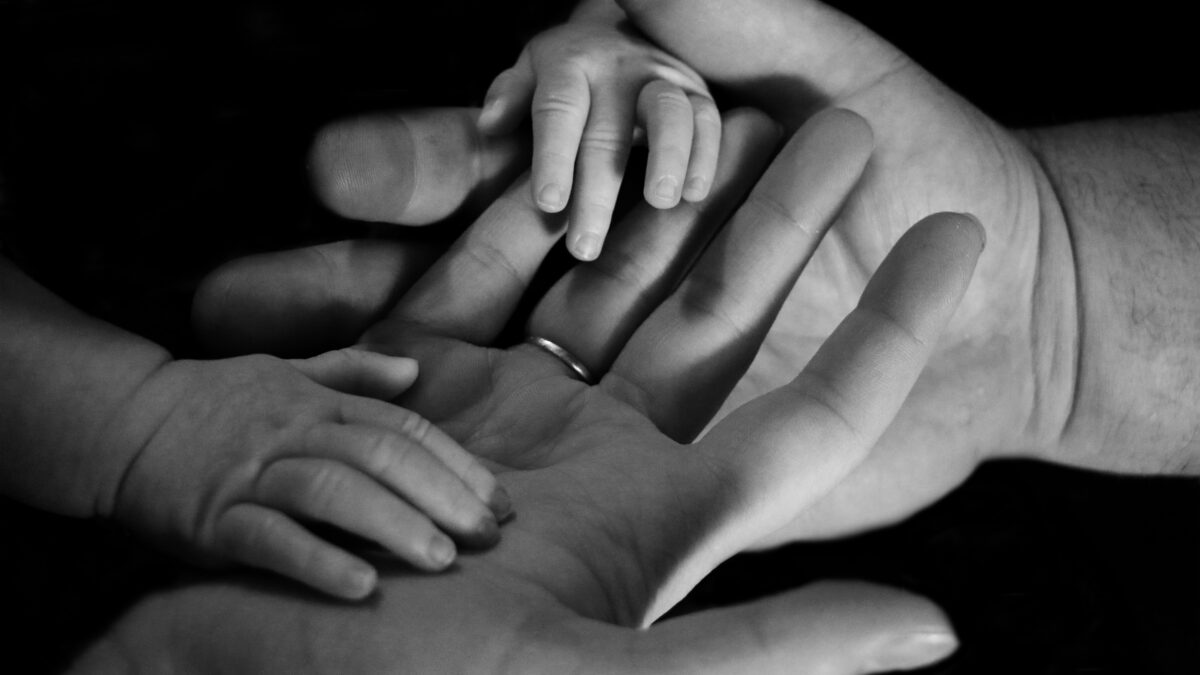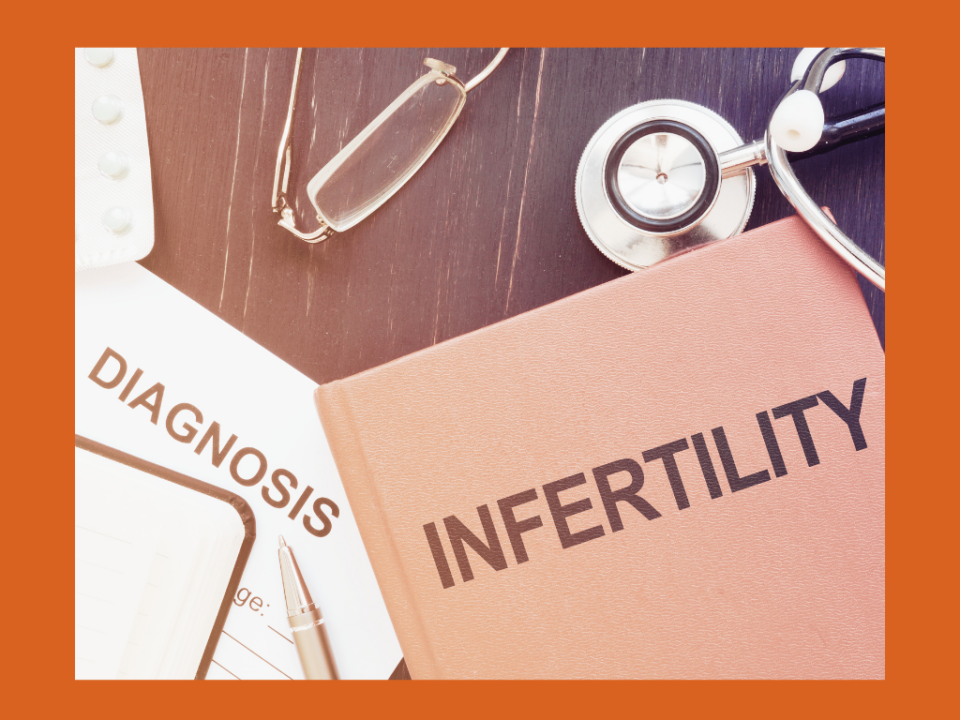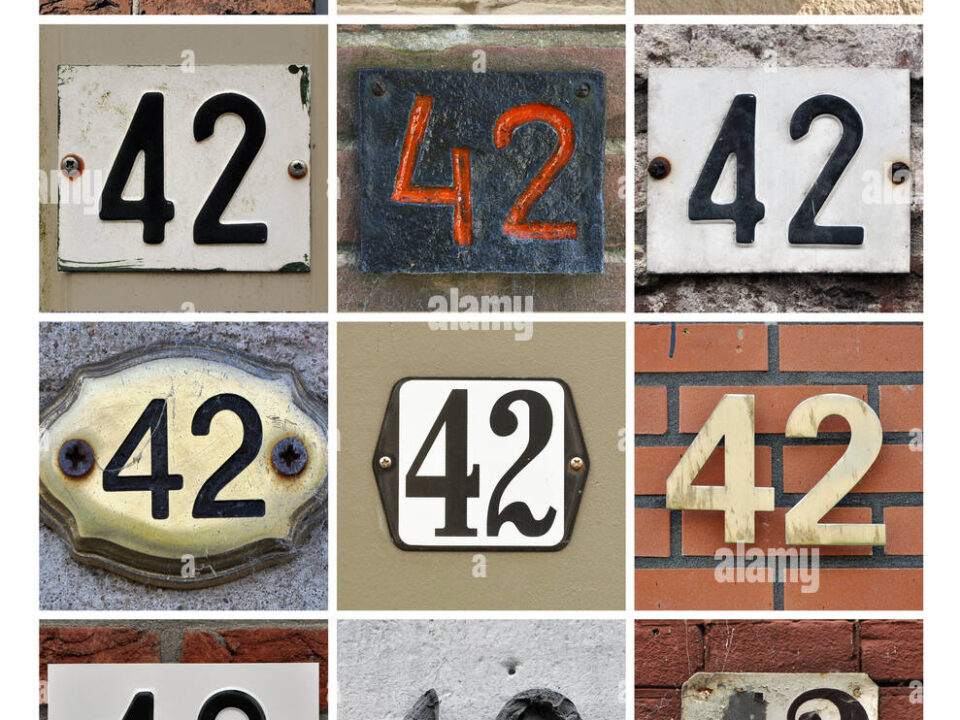
Friday Five: Five Tips to Teaching Children Organization
February 3, 2023
Friday Five: Five Ways to Help Your Child’s Career Development
March 3, 2023When I was a kid growing up in Chicago, there was a fantastic deli sandwich place called D.B. Kaplans. Located on the 7th floor of the famous Water Tower Place, it boasted a 36 inch long, campy menu of multi-decker sandwiches with funny and fantastical names. My favorite was the “ava-cada-deal-for-you”. I mean who doesn’t love a good sandwich right?
An exception to this “hero sandwich” affection is when you feel like you are the middle of a sandwich, as in: a member of the “sandwich generation”. This term generally refers to women who are parenting school age kids while also attending to (or in some cases, caring for) aging parents, or an elderly parent. Sometimes sick or dying elderly parents. Caregivers may also be men, non-binary or trans.
I am a card carrying member of the sandwich generation (except I’m a good bit older than most moms in this role due to becoming a mom later in life). Don’t get me wrong: I’m grateful to be a mom (thanks to the privilege of being able to adopt). I’m also extremely grateful and fortunate that both my parents are alive, reasonably well, and able to be grandparents to my kid.
Still, there are times when it’s easy to feel overwhelmed, tired, stressed, and anxious, to name some of the feelings commonly reported by sandwich generation caregivers. Whether working “outside the home” or not, all moms are working moms. Straddling dual (unpaid) caregiver roles, often alongside a paid job, can feel like working 3 jobs, no matter how much love one has for family.
Here are 5 ways to manage the specific dual caregiver stress that comes with being a sandwich generation member:
1
Be realistic about your self-expectations.
You can’t be in two places at once (although you can sometimes Zoom in when necessary). Even if your parent(s)/in-laws etc live with you, there's a finite amount of time and energy one is able to give. Embrace imperfection and know that you are, after all, human.
2
Delegate where possible.
This can be tricky, but if you have a partner, child or children old enough to help out at home, give them tasks and enlist their help with everyday chores like laundry, dishes and meals. If they appear uncooperative at first, call a family meeting and explain why you are asking for their help. Alternatively, if they are already participating in family operations, tell them why you are asking for more help during this time. You can sometimes ask siblings or other family members for help instead or as well.
3
Outsource when affordable.
Hire someone to help your parent(s) where applicable. Or maybe arrange for a friend or family member to pick the kid(s) up from school once or twice a week, or invest in after school care as needed/as affordable.
4
Find solidarity with other sandwich generation members, and/or seek support from a therapist familiar with the issues.
5
Realize that this is temporary.
Sadly, parents (and children) won’t be around forever. Parents pass on and children grow up. Amidst all the tasks and chaos, try to find moments to connect with both.





